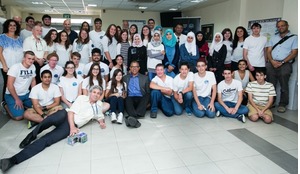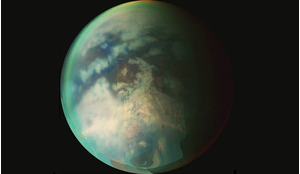Why do we insure our homes and our cars? Mainly because we cannot afford to replace them in the event of disaster. The same is true for commercial satellites, other spacecraft and the rockets that launch them into space. In fact, space insurance is a long-standing risk management tool that facilitates commercial space activities and continues to support developments as we extend our reach beyond the confines of Earth orbit. Philip Smaje reviews the role of the space insurance industry and looks forward to future innovations.
Akey part of the financial solution for a commercial space programme – beyond funding mechanisms for developing, building and operating the system – is space insurance, which acts in a similar way to other, more familiar types of property insurance. In essence, an amount of money (the premium) is paid to insurance underwriters to cover a specified asset-value under various loss scenarios; if a loss occurs, a claim is made on the policy and an amount of money is paid to the policy holder.
As with any insurance contract, the guiding principle is that such a payment should not place the claimant in a financially improved situation compared with that prior to payment of any claim. However, the advantage of being insured is that property can be replaced and businesses can continue to operate in a way that would be impossible without insurance. Moreover, for many enterprises, insurance is also a prerequisite for the bank loans and other finance solutions that make the business possible in the first place.














